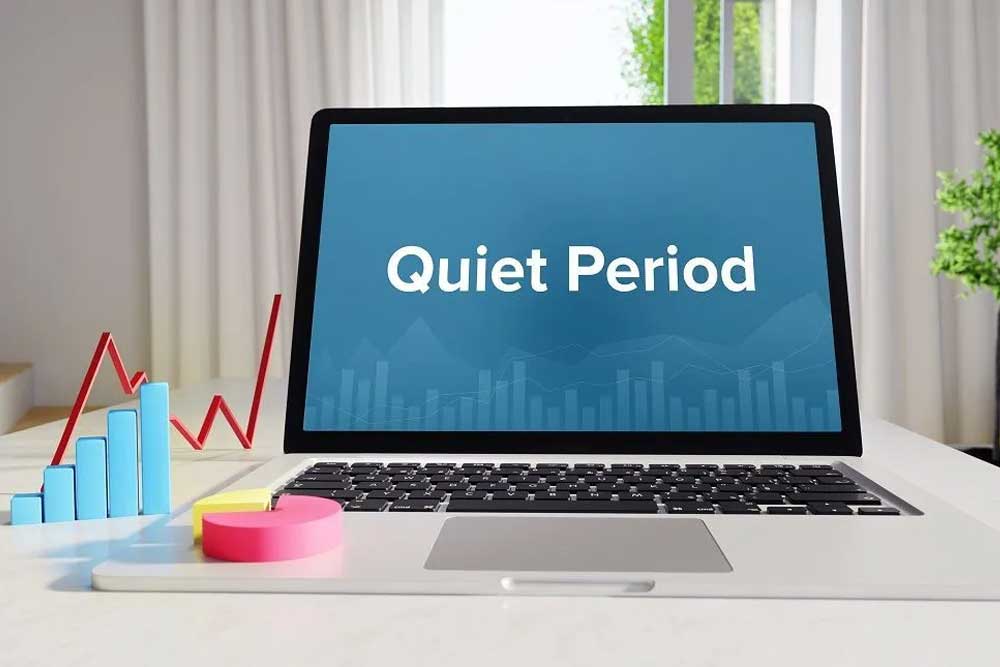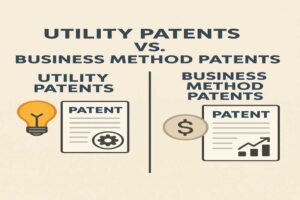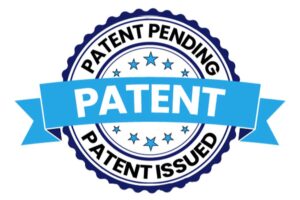The quiet period in an IPO is a period of time during which the company and its underwriters are prohibited from making public statements or engaging in any promotional activities that could influence the stock price. The quiet period typically begins after the company files its initial registration statement with the SEC and lasts until 25 days after the stock begins trading on a public exchange.
During the quiet period, the company and its underwriters are limited in what they can say about the company’s financial performance, growth prospects, or other matters that could affect the stock price. This is intended to prevent companies and their underwriters from making exaggerated or misleading statements that could artificially inflate the stock price and mislead investors.
The quiet period applies to all communications with the media, including press releases, interviews, and social media posts, as well as to meetings with potential investors. The company and its underwriters are still allowed to communicate with potential investors during the quiet period, but these communications must be limited to factual information that is included in the prospectus.
The quiet period is an important safeguard that helps to ensure that investors have access to accurate and reliable information about the company during the IPO process. It also helps to prevent market manipulation and promotes fairness and transparency in the IPO market.







